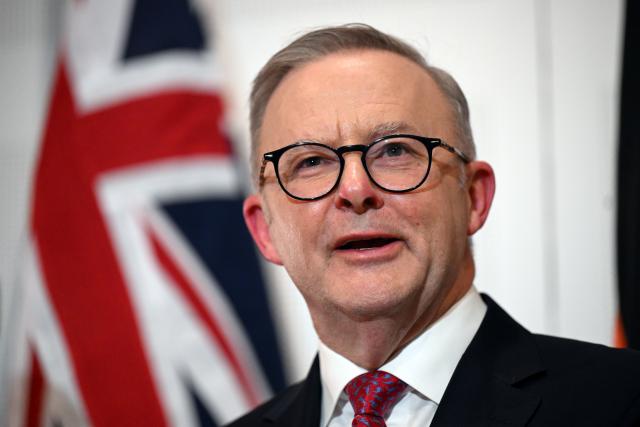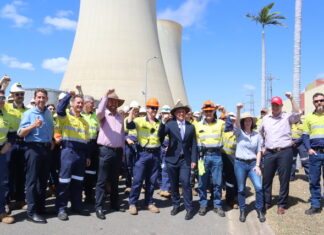Some Torres Strait Islanders are taking court action against the Commonwealth Government for not protecting them against climate change.
They claim that it was reasonably foreseeable that the Commonwealth’s actions (or inaction on climate change) would cause Torres Strait Islanders to suffer loss and damage.
The Australian Government is fighting the claim.
In their defence, lodged with the court, the Labor Government claims that Australia only emits a “very small proportion” of global emissions.
And that, “it was not reasonably foreseeable that conduct by the Respondent [that is, the Government] … would cause any person … to suffer loss and damage.”
This was quite strange to me.
I have heard the Prime Minister, Anthony Albanese, say that it was important for him to take action on climate change because it would help avoid bushfires, cyclones and other natural disasters.
Just a few months ago the Prime Minister warned we needed to “maximise preparedness” for flooding and bushfires this summer.
“This is one of the reasons why my government … are determined to act on climate change” he said.
But hang on, if the Government’s own lawyers are right, that the Australian Government’s actions do not affect the climate, why do we constantly hear that we must act on climate change to respond to a bushfire?
The figures in the Government’s own court documents show how much they are taking us all for mugs.
The Government’s lawyers say that every 1000 gigatonnes of carbon emissions only increases the temperature of the globe by, at most, 0.63 degrees Celsius.
On their numbers, even if Australia were to emit zero emissions from now until 2050, the temperature of the globe would change by just 0.000000768 degrees Celsius.
So the conclusion clearly is that despite his claims, the Prime Minister can’t stop bushfires, and also other Australian politicians do not cause them.
The basic fact is that any action that Australia takes on climate means nothing without action from other countries.
And, on that score, other countries are massively expanding fossil fuel use and production.
Since the Ukraine war, Europe has been madly reopening coal fired power stations.
The United States is doubling its export of gas, mostly to take advantage of the absence of Russia from European gas markets.
Meanwhile, China and India, who together account for a third of global carbon emissions are both massively expanding coal.
China is building two coal fired power stations a week this year.
And, India has just announced plans to expand coal mining by 60 per cent.
The upshot of all of this is that global carbon emissions are going up not down.
This is embarrassing for all of those attending the latest climate conference in Dubai this week.
But then these climate conferences seem to no longer be about the climate.
They are all about doing more business deals, often involving fossil fuels.
The hosts of the conference, the UAE, have reportedly been taking the opportunity to sign lots of new gas deals.
But we continue to shut down our coal fired power stations in a vain, futile attempt to change the temperature of the globe from Canberra.
Net Zero Australia, a group of university academics who support a net zero target, recently estimated that it will cost Australia $7 to $9 trillion to reach net zero emissions.
That is a cost of $270,000 for every Australian.
Why would we impose such large costs on ourselves when other countries are doing nothing?
Net zero emissions makes us poorer, weaker, and does not even help the environment.
Perhaps a group of Australians should take the Government to court for signing up to this rubbish without doing a basic assessment of its costs on the rest of us first.






